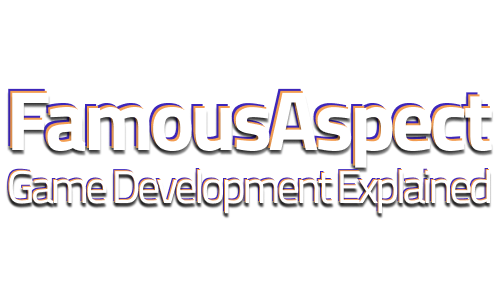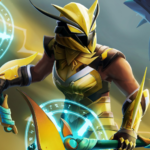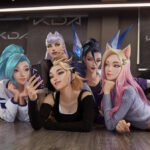Hogwarts Legacy is an explosive sales success, selling over 12m units in its first two weeks. The key to its success? Fulfilling the core fantasy of its IP…
When working with intellectual properties, I think a lot about the core fantasy of the IP and if the game you are building fulfills it or not. For example, the core fantasy of Pokémon is that you are in a world filled with magical creatures waiting for you to collect them so they can be your super best friend. Pokémon GO fulfills that core fantasy and becomes one of the top grossing games of all time.
Meanwhile, Pokémon Unite – a Pokémone moba – does not fulfill that core fantasy and as a result does not resonate as strongly with fans. Sure, Pokémon’s combat features the cute monsters fighting in nearly every game. But that is not the core fantasy of the world of Pokémon.
Why do I set that context? Harry Potter is an amazing franchise. Whatever you think of the controversy surrounding its creator, it is an IP and world that resonates with millions of readers and viewers around the world.
But you need to match a franchise with its core fantasy to unlock its potential. Harry Potter: Wizards Unite – the Pokémon GO style AR game from Niantic – did not tap into that fantasy and was not a success.
Hogwarts Legacy directly fulfills the HP fantasy of attending a magical wizard school. This is the fantasy at the heart of Harry Potter fandom. It’s not just Quidditch, it’s not just the war in the wizarding world, but it’s the fantasy of being a young wizard attending the magical boarding school that just happens to be the center of the fictional universe.
And from the critical, streaming and fan acclaim, Hogwarts Legacy fulfills this core fantasy. No wonder it’s a mega success. Sorting hats off to the team at Avalanche. I raise this butter beer to them.


